Another one bites the dust at Netflix!
The streaming giant announced today that the Rob Lowe sitcom Unstable has been canceled after two seasons.
It’s been a tough year for Lowe, whose 9-1-1: Lone Star recently received the ax from Fox.
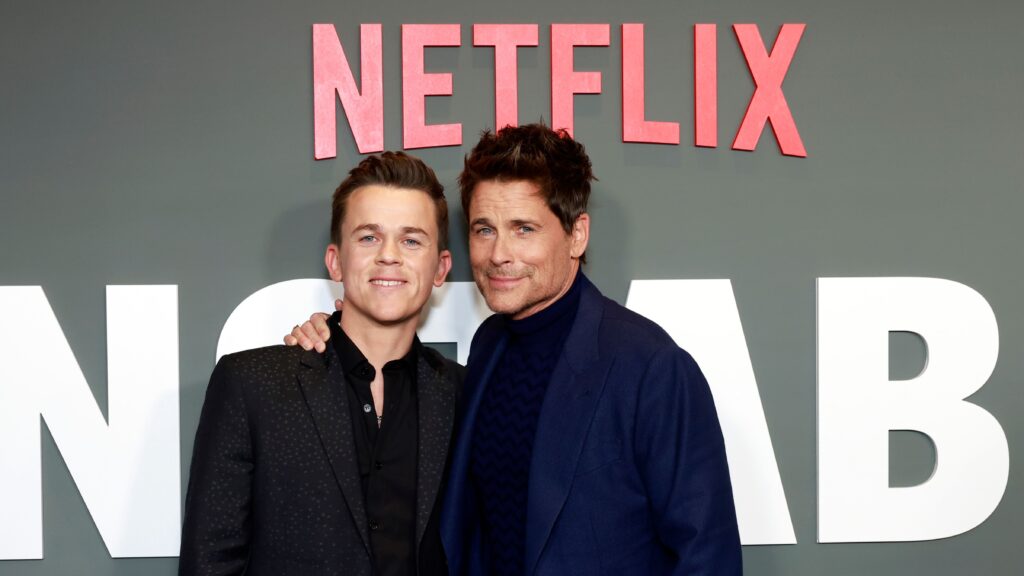
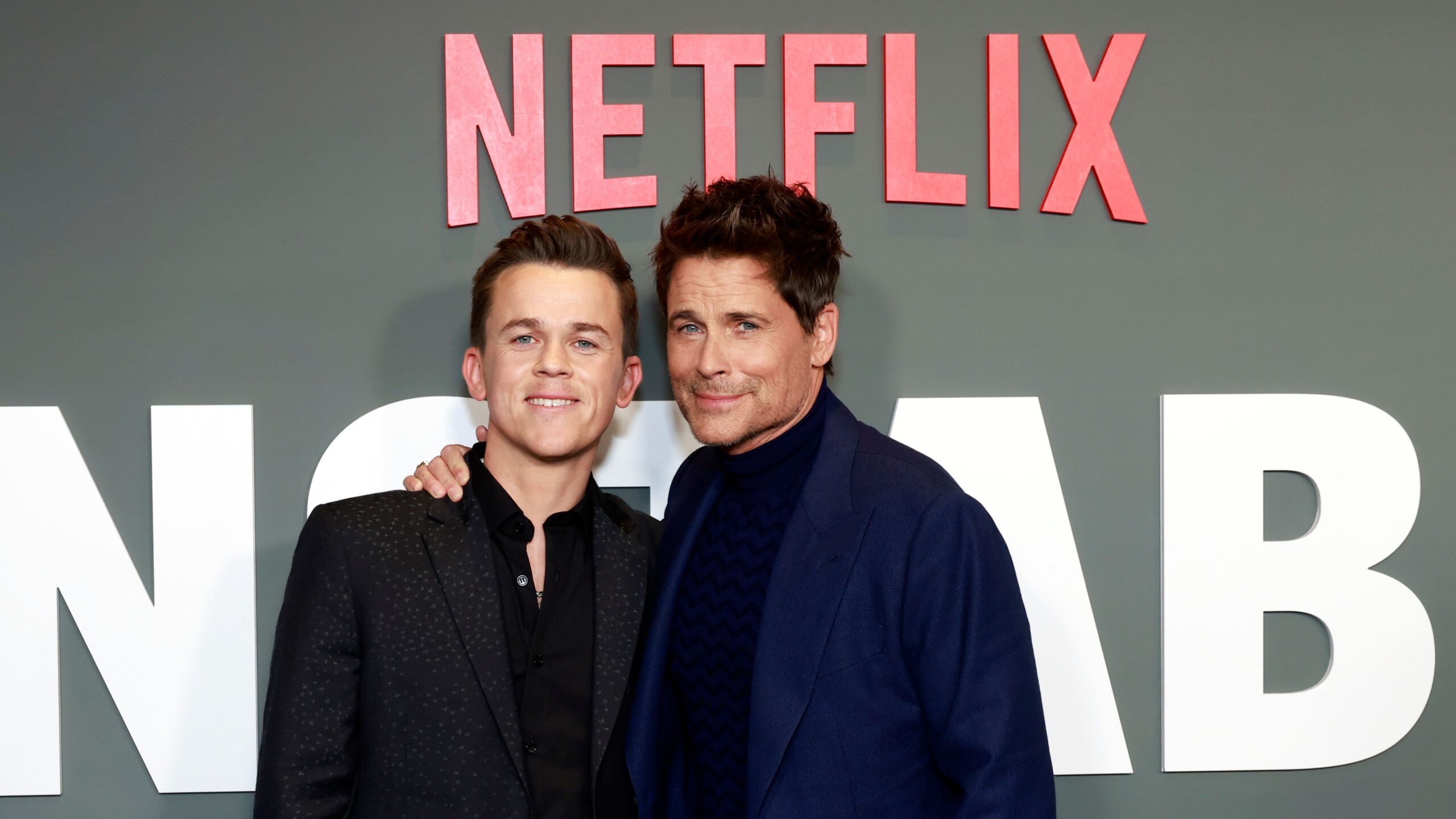
But when all is said and done, Rob Lowe still leads a pretty enviable life. So the real losers in this situation are, as always, the folks who continue to shell out for increasingly pricey Netflix subscriptions.
The situation has us feeling a bit like Charlie Brown. In this analogy, Netflix is Lucy, and exciting new content is the football that’s cruelly pulled away each time we make our eager approach.
At this point, it feels like every longtime Netflix subscriber has a horror story about getting hooked on a show just to see it unceremoniously axed after one or two seasons.
News of Unstable’s cancelation comes on the heels of the announcement that beloved Jeff Goldblum comedy Kaos has been canned.


Obviously, removing shows from the lineup for budgetary reasons is a practice that’s as old as television itself.
And some of those shows are bound to leave a crowd of disappointed fans in their wake.
But Netflix’s cancel-happy ways have become an industry-wide punchline. And frustrated subscribers are increasingly fed up.
The list of highly regarded shows that have been kicked to the curb by Reed Hastings and company is too long to reproduce here.
Some of the cancellations that prompted the biggest uproar were The OA, Sense8, Tuca and Bertie, Glow, Everything Sucks!, and, of course, Mindhunter.
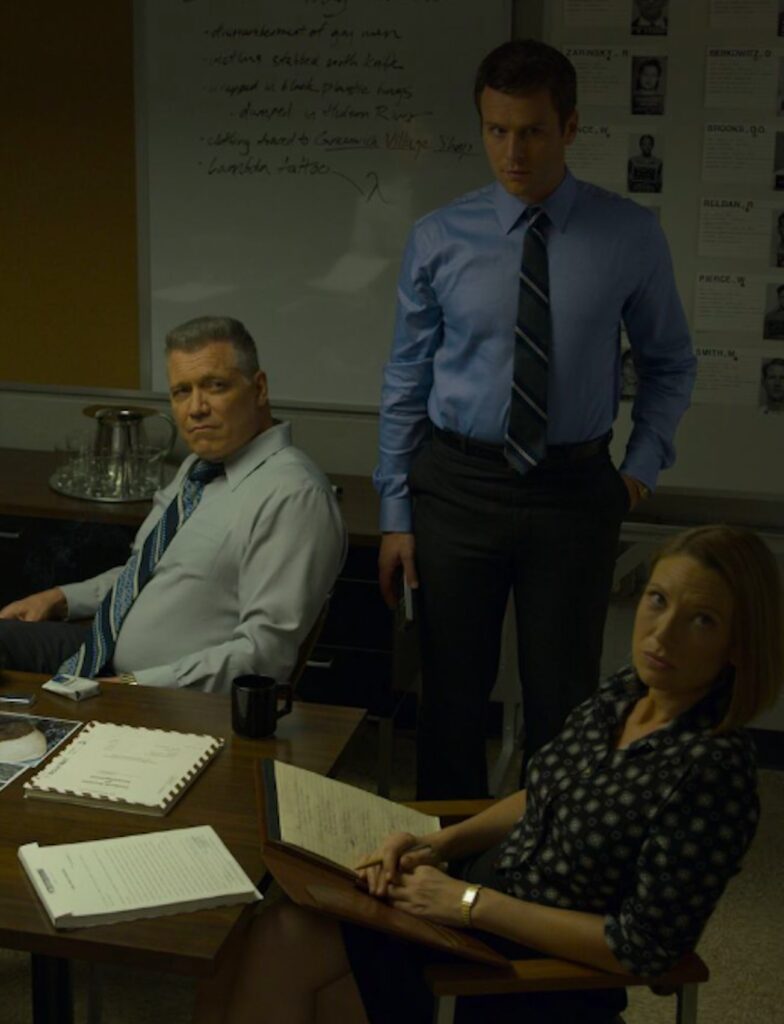
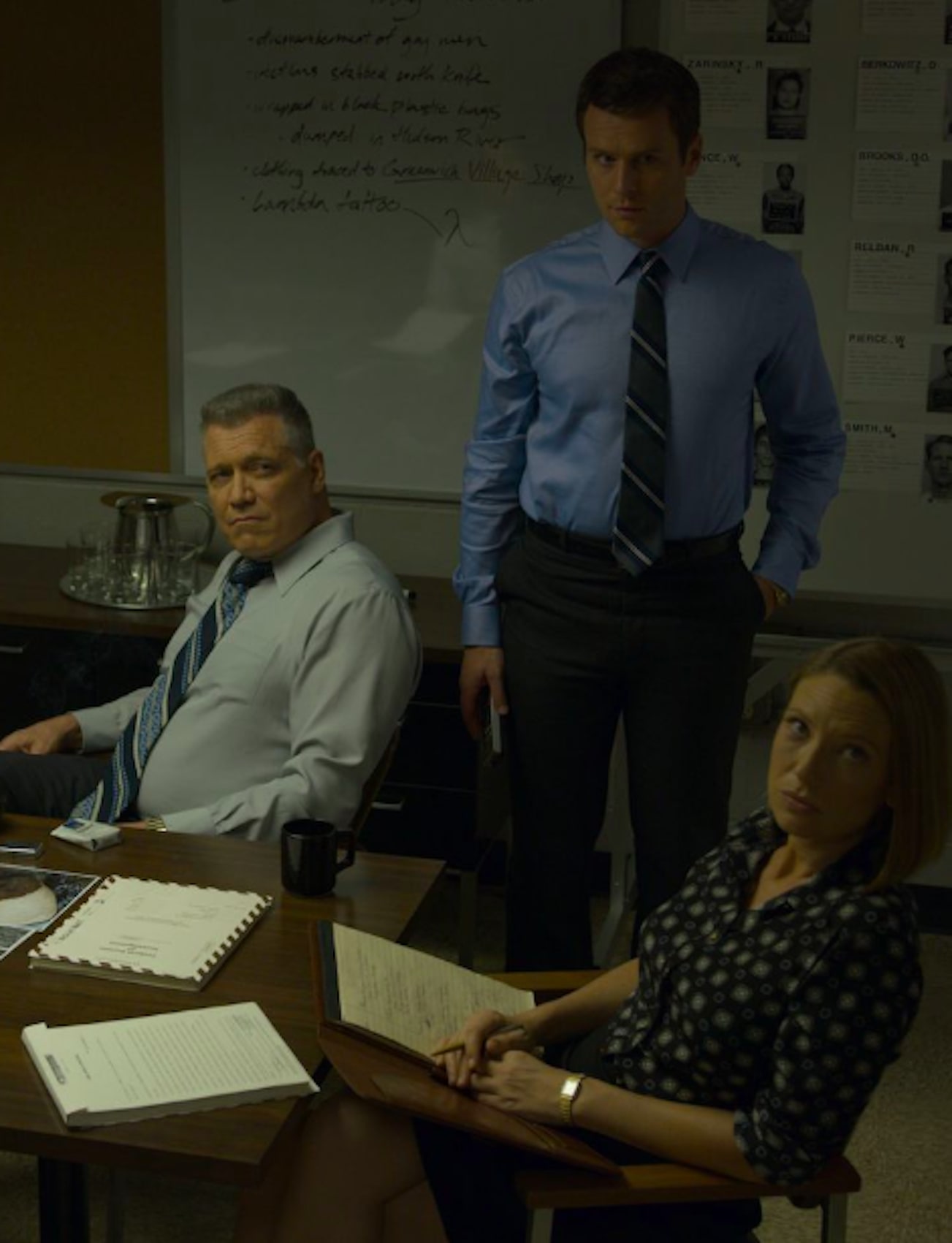
David Fincher’s acclaimed serial killer drama had a five-season plan that was scrapped amid budgetary concerns.
“It’s a very expensive show and, in the eyes of Netflix, we didn’t attract enough of an audience to justify such an investment,” Fincher told Le Journal du Dimanche at the time.
It’s tough to imagine another “prestige” outlet — like, say, HBO — abruptly cutting ties with a top-tier talent like Fincher and a buzzy show like Mindhunter under any circumstances.
But at Netflix, that sort of brutally callous decision has become par for the course.
The strategy makes sense, of course. As a publicly traded company, Netflix has a responsibility to its shareholders, and stagnation amounts to a slow death in today’s economy.
One has to wonder, however, if execs’ obvious lack of concern for the subscribers’ experience will eventually begin to effect their bottom line.


“At this point, I mostly hear about Netflix shows via their cancelation,” wrote one Reddit user in response to the Unstable announcement.
“They make way too many shows to effectively market them, and then instantly kill them off if they don’t become a viral hit by happenstance.”
The comments were echoed by countless others, many of whom noted that Netflix seems to take a rather half-hearted approach to promoting its shows.
“I’ve seen plenty about Shogun, Agatha All Along, The Penguin, Dune, whatever. For Netflix shows I only hear when they go viral or get canceled, never any real marketing,” wrote one commenter.
“I never see ads for any Netflix shows ever anymore,” another chimed in.
“I can’t remember the last time I opened Netflix but there’s nothing out there telling me I should be going onto Netflix to watch their latest thing. I couldn’t even guess what is trending on there now.”
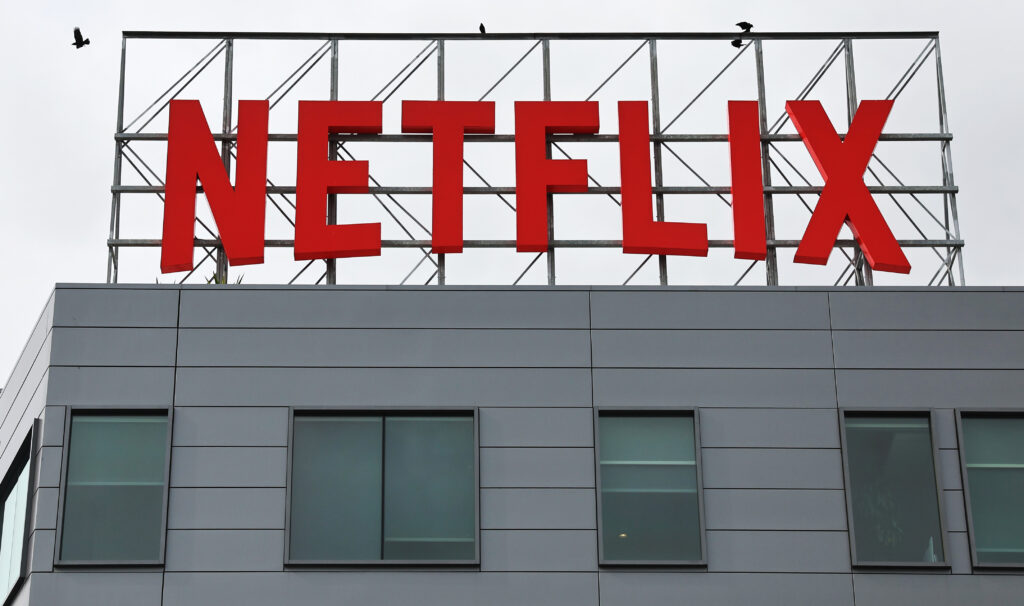
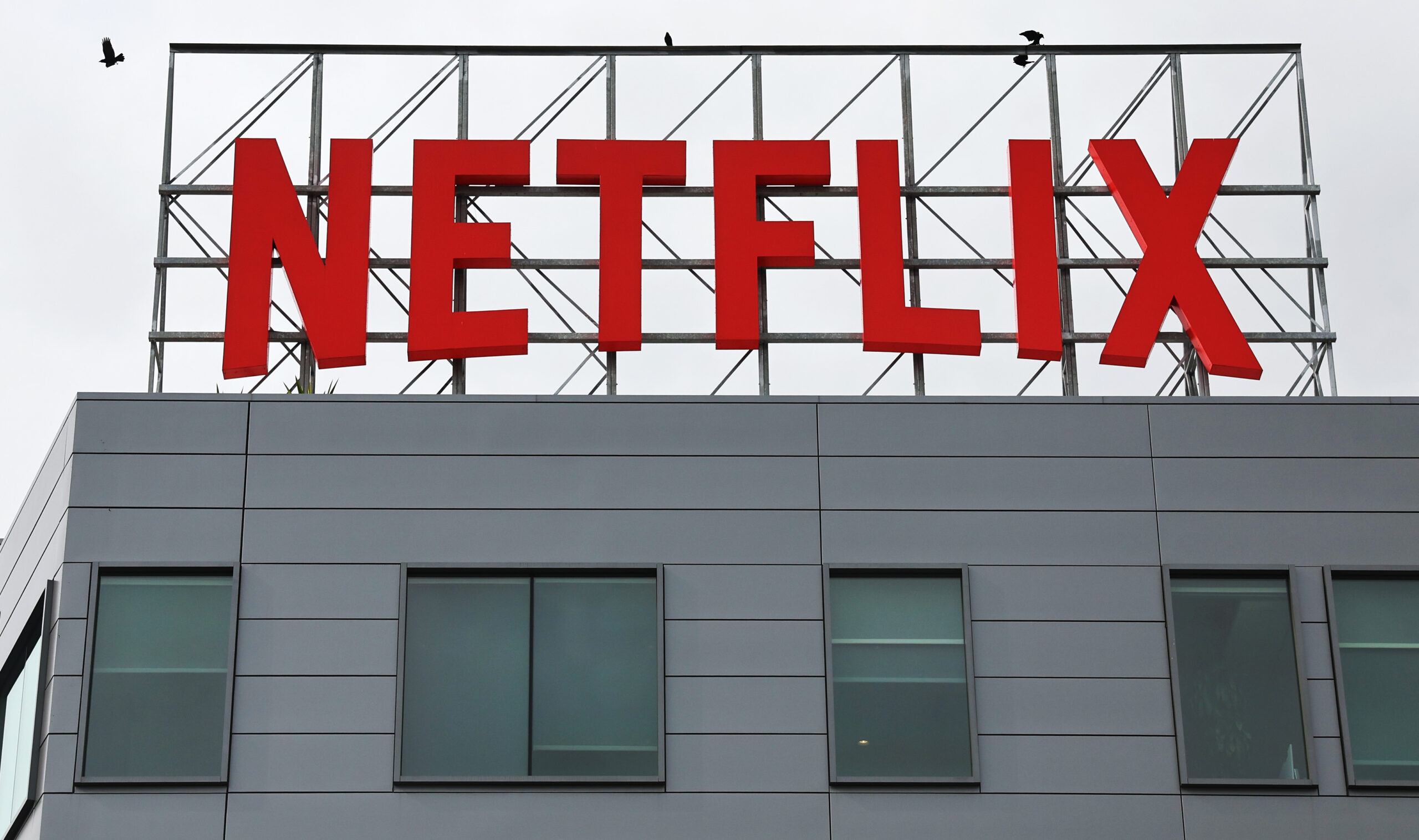
The situation has led many subscribers to wonder why Netflix doesn’t simply switch its focus to limited series and original movies.
The answer, of course, is that one-off projects with definitive endings are kryptonite to a subscription-based streaming service.
Audiences are too likely to subscribe for a single month (often on a free trial basis) and then cancel once they’ve watched the content they were interested in.
It’s one of the major drawbacks of the streaming age, and one reason that so many services are now supplementing their revenue with advertising.
So to add insult to injury, you may now be forced to shell out a subscription fee and sit through ads on a service that will cancel your favorite show if it’s not an immediate viral sensation.
Hey, we’re not claiming to know what the answer is here, but the current situation feels increasingly unsustainable.


